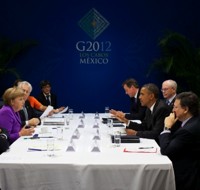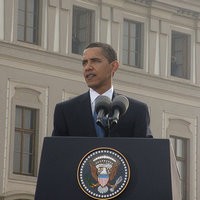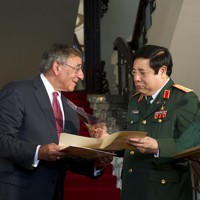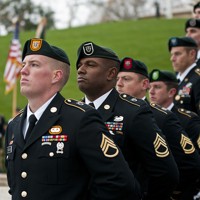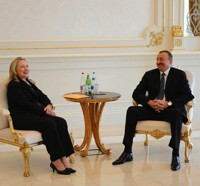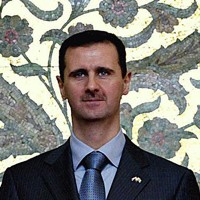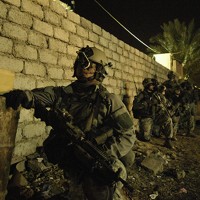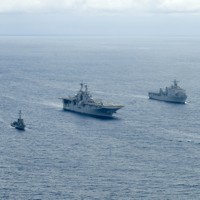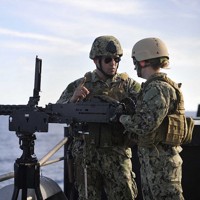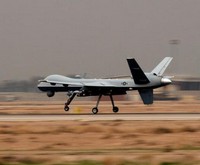
The verdict is in: There will be no honeymoon for Barack Obama and Vladimir Putin. Many analysts were struck by the nonverbal cues in the two leaders’ body language after their first meeting on the sidelines of the G-20 summit in Los Cabos, Mexico, earlier this month. The era of close, warm interpersonal relations between Russian and American presidents, dating back to “Boris and Bill” in the 1990s, has officially come to a close. With both Putin and Obama disinclined to even parrot the motions of friendship before the television cameras, an opportunity beckons to sweep away the “feel good” […]


